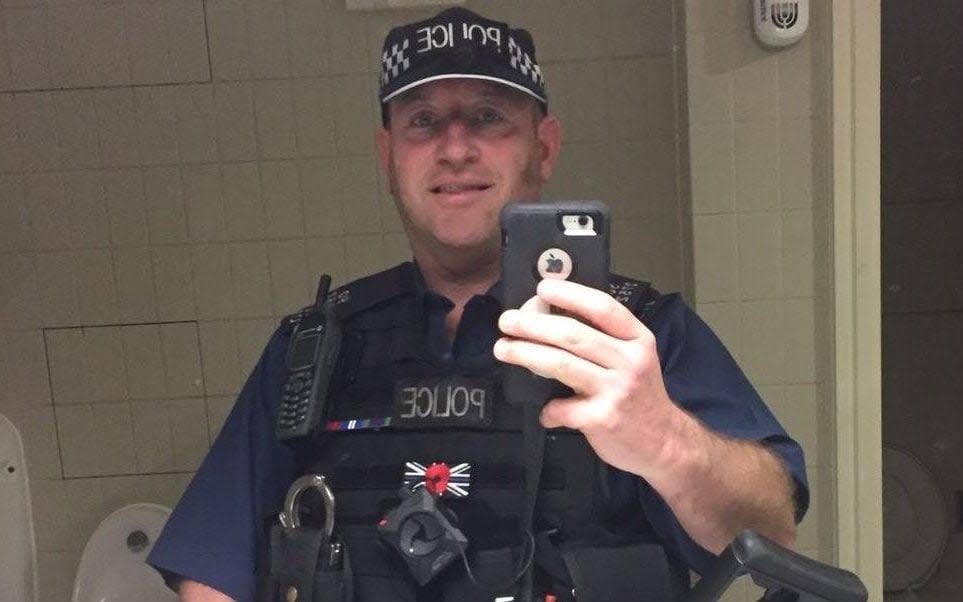Secret policing plan could see sex offenders’ names withheld from public

The police are facing a backlash over secret justice plans that would allow forces to withhold the names of suspects charged with serious offences.
The plans put forward by the College of Policing would give all forces in England and Wales the option of withholding vital information about criminal cases from the media and public.
Rape and sexual violence campaigners have expressed deep unease over the proposals with warnings it will strike a blow to the principle of open justice and could allow serial offenders to get away with crimes.
The current guidance, issued to all police chiefs, is that they “should” name a defendant when they are charged with an offence.
But if the proposals are adopted the language will be watered down, with forces advised they “can” release the information if they wish.
The College of Policing, the national policing standards body, is proposing the change, claiming that naming a person charged with a criminal offence could breach their data protection rights.
The draft guidance tells forces they “must consider their data protection obligations as well as the need for open justice and transparency”.
In the wake of the Leveson Inquiry into press culture and standards in 2012, police forces stopped identifying suspects when they were arrested.
But they were still named once they were charged in all but the most exceptional cases.
The concern is that if a person’s identity is withheld when they are charged, other victims will not have the information or confidence to come forward to report further offences.
In recent years, a string of dangerous sex offenders and other criminals have been brought to justice after victims were emboldened to come forward following publicity surrounding their arrest or charge.
David Carrick, the former Metropolitan Police officer and serial sex offender, was first arrested on suspicion of rape in July 2021, but his name was not put into the public domain and he was subsequently released without charge.
However, following media coverage of the sentencing of Wayne Couzens another woman came forward and reported him.
He was charged in September 2021 in relation to one victim, but thanks to publicity in the press, other victims came forward and Carrick eventually admitted 49 offences against 12 women.
Andrea Simon, director of the End Violence Against Women Coalition, said: “These draft guidelines are really concerning because it is vital that we have an open and transparent system of law, from police through to courts.
“Open justice is essential for investigating offences like rape, corroborating evidence, alibis or contradicting information that may come to light.
“We know that in many cases, naming a perpetrator gives other victims the confidence to come forward, which is essential to holding that perpetrator to account and protecting women and girls.
“Openness also helps maintain public confidence in the legal system and enables wider scrutiny of it.
“At a time when policing is in crisis and has been exposed for enabling officers to perpetrate violence against women with impunity, serious questions must be asked about why this guidance change would be made. Now, more than ever, we need greater transparency and accountability.”

The proposed guidance suggests forces should be more inclined to release charging information “where the crime is of a serious nature, such as rape or murder”.
But it adds that naming could be withheld if there is an exceptional and legitimate policing purpose.
Earlier this year, three serving and former Metropolitan Police officers who had been in a WhatsApp group with Wayne Couzens, were not named when they were charged with sending grossly offensive messages.
The Crown Prosecution Service said the officers’ identities were being withheld for “operational reasons” after lawyers for the men argued their welfare would be at risk if they were named.
But following complaints from open justice campaigners, the decision was reversed and they were named.
Harriet Wistrich, director of the Centre for Women’s Justice said: “This is a retrograde step as far as open justice and apprehending serial offenders is concerned – this is extremely worrying.”

 Yahoo News
Yahoo News 
